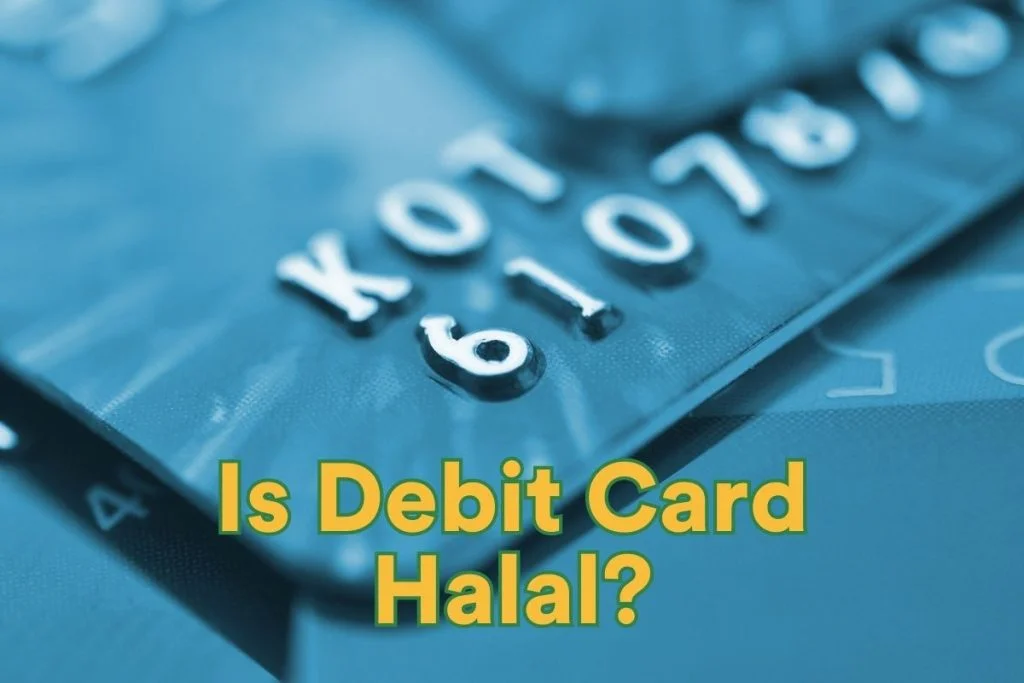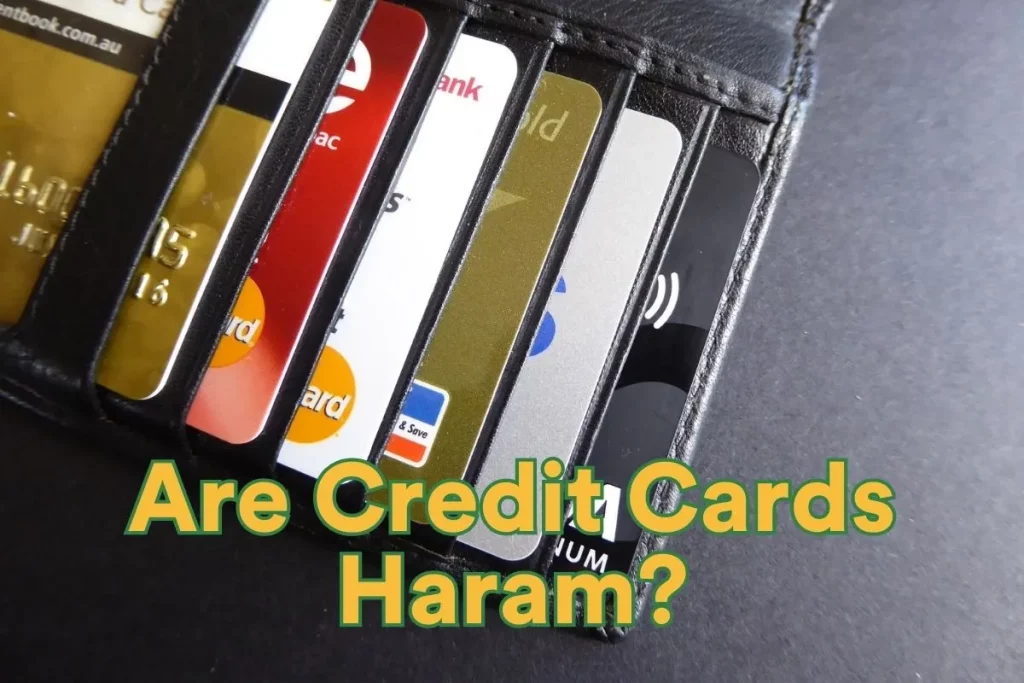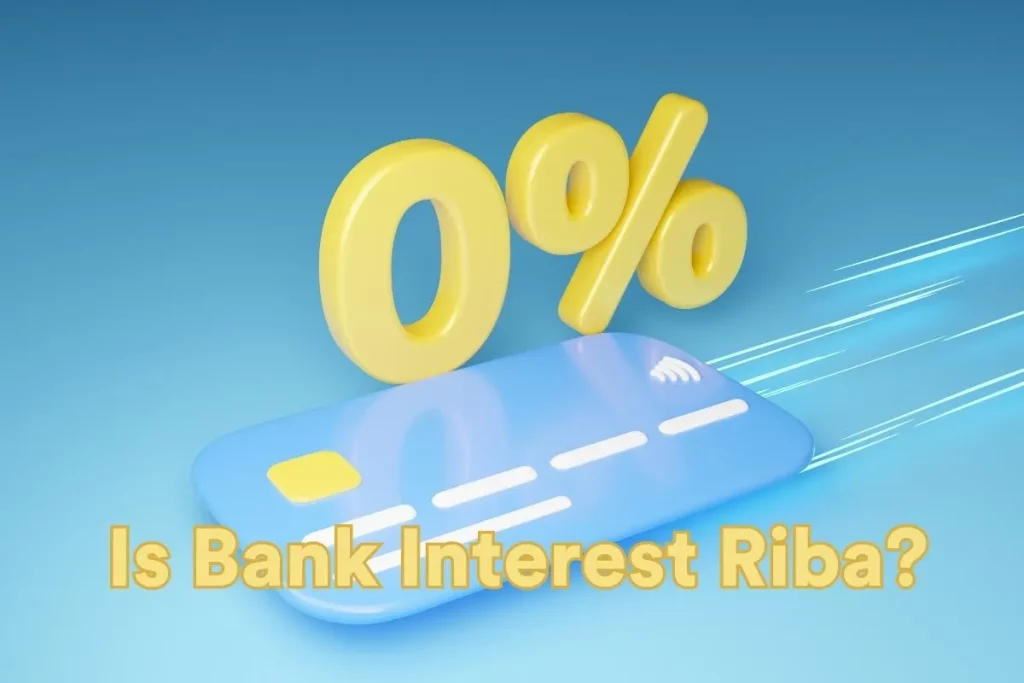Debit cards have become an essential part of modern banking, providing a convenient and secure way to make purchases and access funds. However, for Muslims, the use of debit cards raises questions about whether they are halal, or permissible under Islamic law.
Understanding whether debit cards are halal requires an understanding of Islamic banking principles. Islamic banking operates under the principle of avoiding riba, or interest, which is considered haram, or forbidden, under Islamic law. This means that any financial transaction that involves interest is not permissible.
Key Takeaways
| 📌 Understanding Islamic banking principles is essential to determining whether debit cards are halal. |
| 📌 Debit cards are halal if they are used in permitted transactions under Sharia law. |
Understanding Debit Cards
Debit cards are a popular payment method that allows users to access their bank account funds without carrying cash. Unlike a credit card, however, it draws funds directly from the user’s bank account.
Issued by a bank or financial institution, a debit card can be used to withdraw cash, make purchases, pay bills, and transfer funds. Here are a few key features of debit cards:
- PIN-based transactions: In most cases, debit card transactions require the user to enter a personal identification number (PIN) to verify their identity and authorize the purchase.
- Limited spending: Unlike credit cards, debit cards only allow users to spend the funds available in their account balance. This can help users avoid overspending and accumulating debt.
- No interest charges: Since debit cards do not involve borrowing money, users do not have to worry about interest charges or finance fees.
- Widespread acceptance: Debit cards are widely accepted at most merchants, including online retailers, and can be used to withdraw cash from ATMs.
It’s important to note that not all debit cards are created equal. Some may come with fees or restrictions, such as daily spending limits or transaction fees.
Debit Cards and Islamic Banking

Islamic Banking Principles
Islamic banking is based on the principles of Shariah, which is Islamic law. Shariah prohibits riba (interest), gharar (uncertainty), and maysir (gambling). Islamic banking is guided by these principles and aims to provide financial services that are in compliance with Shariah.
Debit Card Transactions in Islamic Banking
Debit cards are widely used in Islamic banking. However, there are some restrictions on their use, in order to comply with Shariah principles. For example, debit cards cannot be used for transactions that involve riba, gharar, or maysir.
In order to ensure compliance with Shariah principles, Islamic banks have developed specific guidelines for the use of debit cards. These guidelines include:
- Debit cards can only be used for transactions that are in compliance with Shariah principles.
- Debit cards cannot be used for transactions that involve riba, gharar, maysir, or any other transactions against Sharia law.
- Islamic banks must ensure that the merchants they deal with are also in compliance with Shariah principles.
- Islamic banks must provide customers with clear and transparent information about the fees and charges associated with the use of debit cards.
In addition to these guidelines, Islamic banks also offer a range of debit cards that are designed to meet the specific needs of their customers. These cards may come with additional features such as cashback rewards, discounts, and travel benefits.
Overall, debit cards are a popular and convenient way to access financial services in Islamic banking. However, it is important for customers to understand the guidelines and restrictions that apply to their use, in order to ensure compliance with Shariah principles.
Is Debit Card Halal?
Yes, debit cards are generally considered halal, or permissible, in Islam. This is because a debit card is simply a tool that allows you to access and use the money in your own bank account. Unlike a credit card, a debit card does not involve borrowing money or paying interest, which is known as riba and is prohibited in Islam.
However, it’s important to ensure that the bank account linked to the debit card is also managed in accordance with Islamic principles. This means it should not be used in haram or forbidden transactions.
Allahu A’lam (Allah knows best)
FAQ
Is a debit card a prepaid card?
No, a debit card is not the same as a prepaid card, although they are similar in some ways.
A debit card is linked to a bank account and allows you to access the funds available in that account. When you make a purchase or withdraw cash using a debit card, the amount is deducted directly from your bank account. You can only spend the money that you have in your account, and there is no need to load or reload the card with funds.
On the other hand, a prepaid card requires you to load or “prepay” a certain amount of money onto the card before you can use it. This means that you need to add funds to the card in advance, and you can only spend up to the amount that you have loaded onto the card. Prepaid cards are not linked to a bank account and do not involve accessing funds from a specific account.
While both debit cards and prepaid cards offer a convenient way to make electronic transactions, they differ in terms of the source of funds and the need to load or link to a bank account.
Is cashback on debit cards halal?
In Islamic finance, the permissibility of cashback on a debit card can depend on various factors. Cashback itself is generally seen as a form of discount or rebate on purchases, which is permissible in Islam. However, there are a few key considerations to keep in mind:
- Source of the cashback: If the cashback is provided by the merchant as a marketing incentive without any conditions or strings attached, it is generally considered halal.
- Relationship with the bank: If the cashback is offered by the bank as a reward for using the debit card, it is crucial to ensure that the bank operates in accordance with Islamic principles and does not engage in prohibited activities, such as charging or paying interest (riba) or investing in haram businesses.
- Conditions and requirements: It is essential to review the terms and conditions associated with the cashback offer. If the cashback is tied to any interest-bearing savings or investment account, or if it involves any prohibited elements, it may not be considered halal.
- Is Pop Tarts Halal? What You Need to Know - February 18, 2024
- Are Graham Crackers Halal in Islam? - January 19, 2024
- Is Keebler Wheatables Halal? - January 18, 2024





